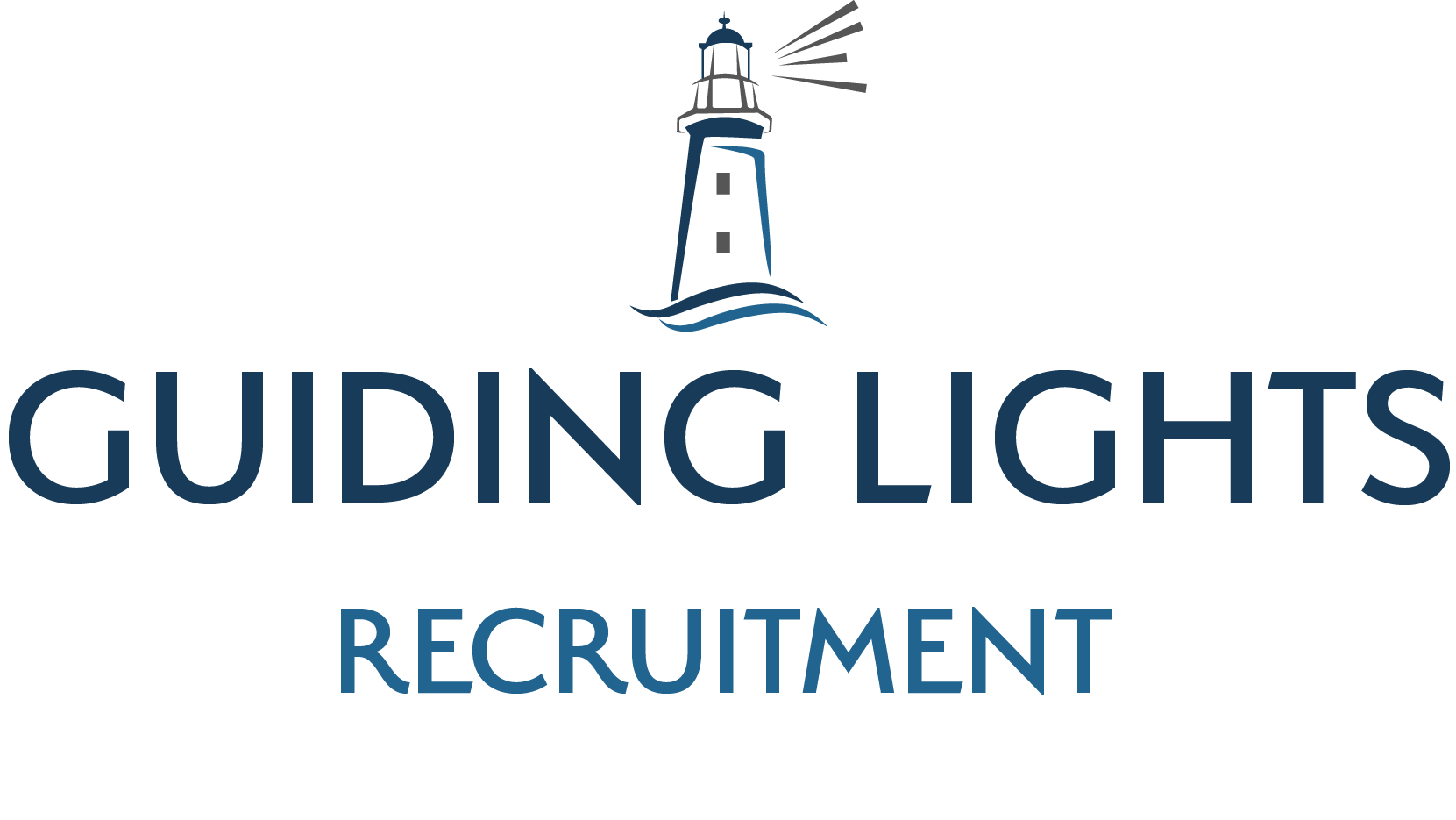What to do when you receive a job offer
Wondering what to do after the interview is over and you have been offered the job? Here are a few tips to help you make your decision

· Do not make a quick decision. Ask the employer to give you a time frame and stick to it. If you have a recruitment agent, speak to them, or your friends and family.
· Get real. Refer back to your target job requirements and why you wanted a new job in the first place.
· Get the offer in writing. Make sure you read your offer details thoroughly and confirm everything via email.
· Then go back in person to accept or decline the job offer. Your recruitment agent may wish to do this if you have one.
· Show your enthusiasm in accepting the job to further demonstrate that they have made the right decision.
· Always maintain a professional relationship, even if the job or organisation is not the right fit for you.
· Follow your gut instinct. Be confident you are making the right decision.
Ensure you speak to your recruitment agent if you are declining the job offer. You may want to decline an offer because the organisation said it is non-negotiable. If this is the case, discuss it with your recruitment agent and ask their advice first.







